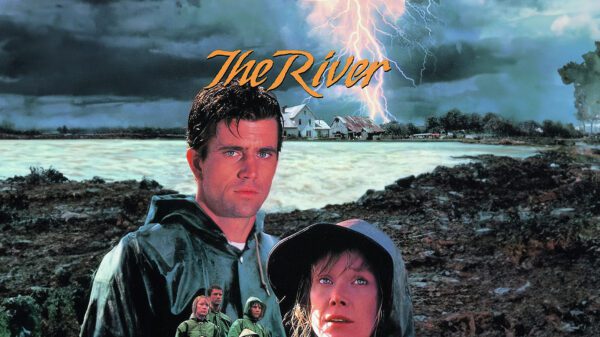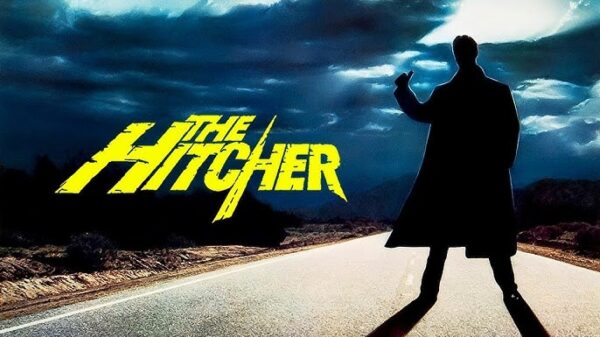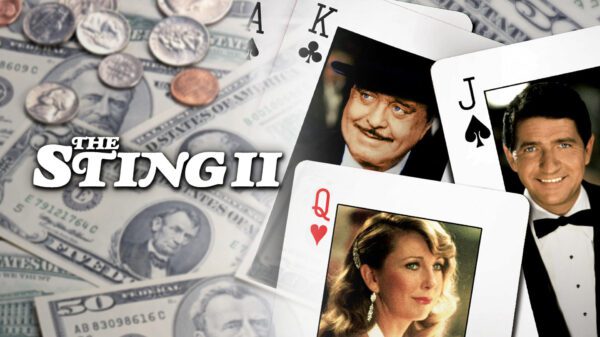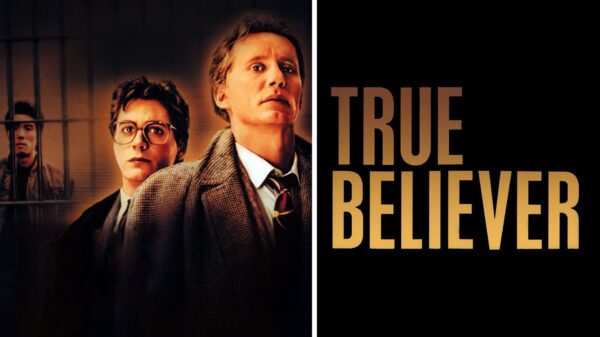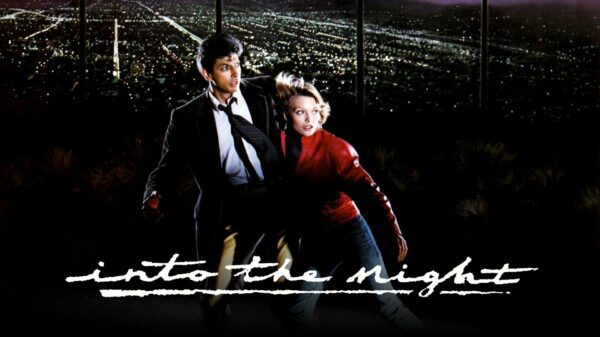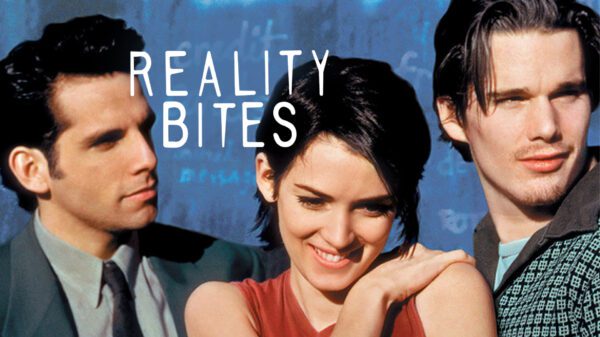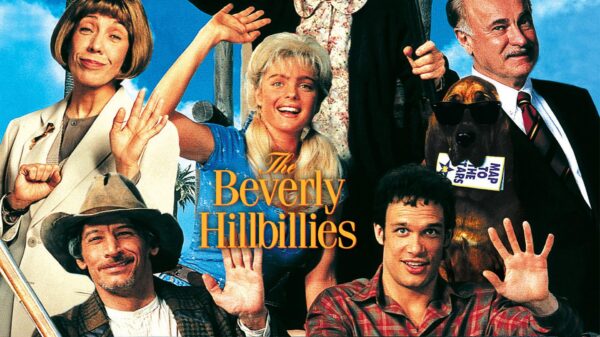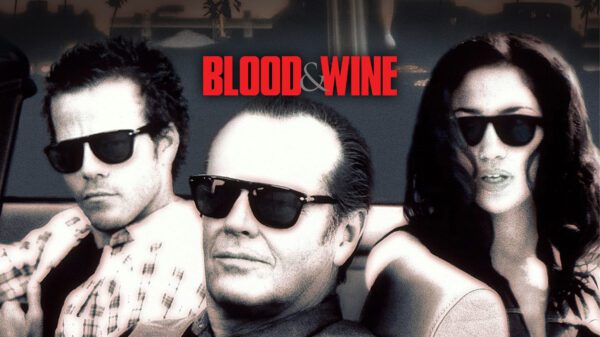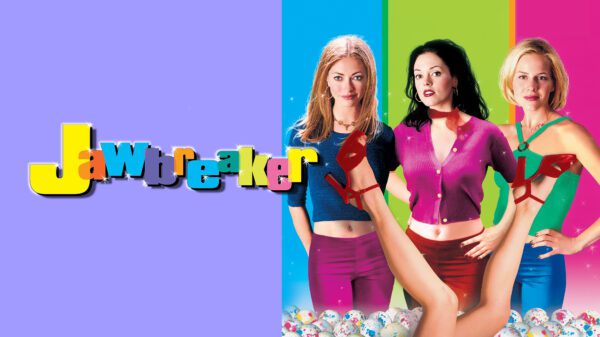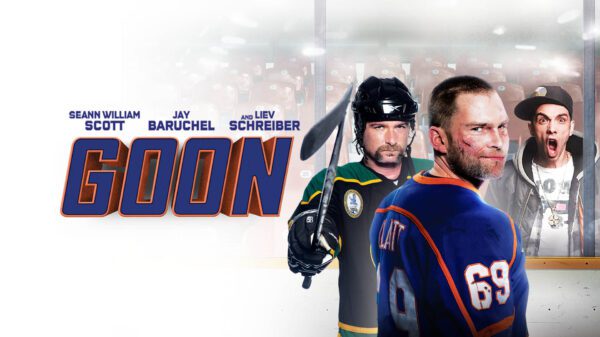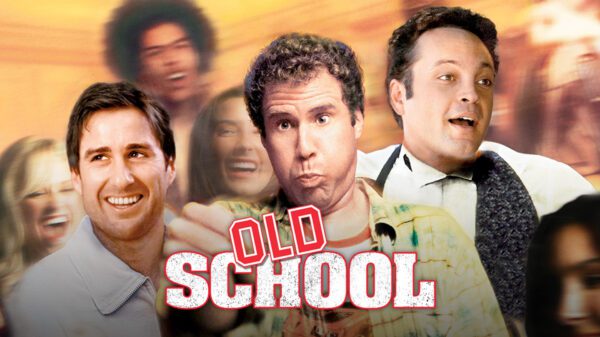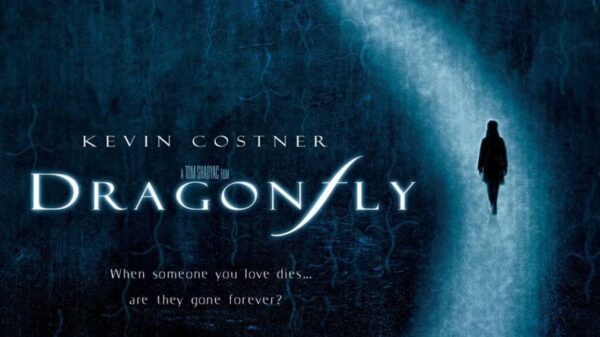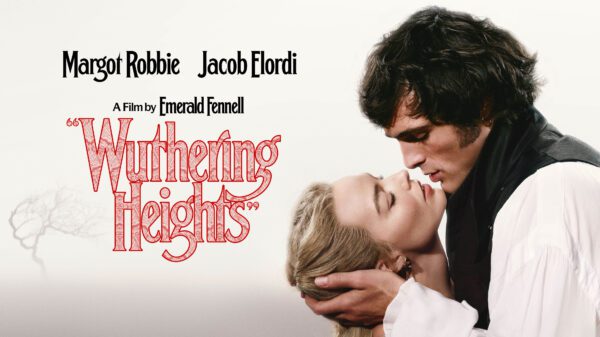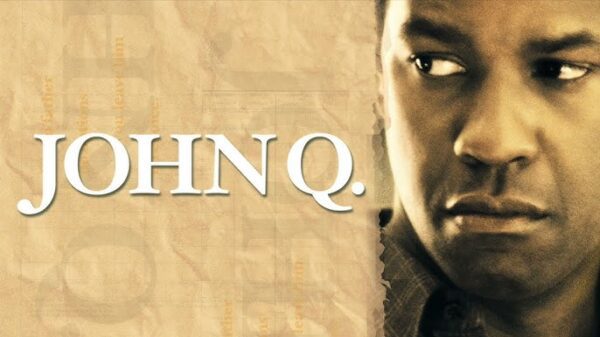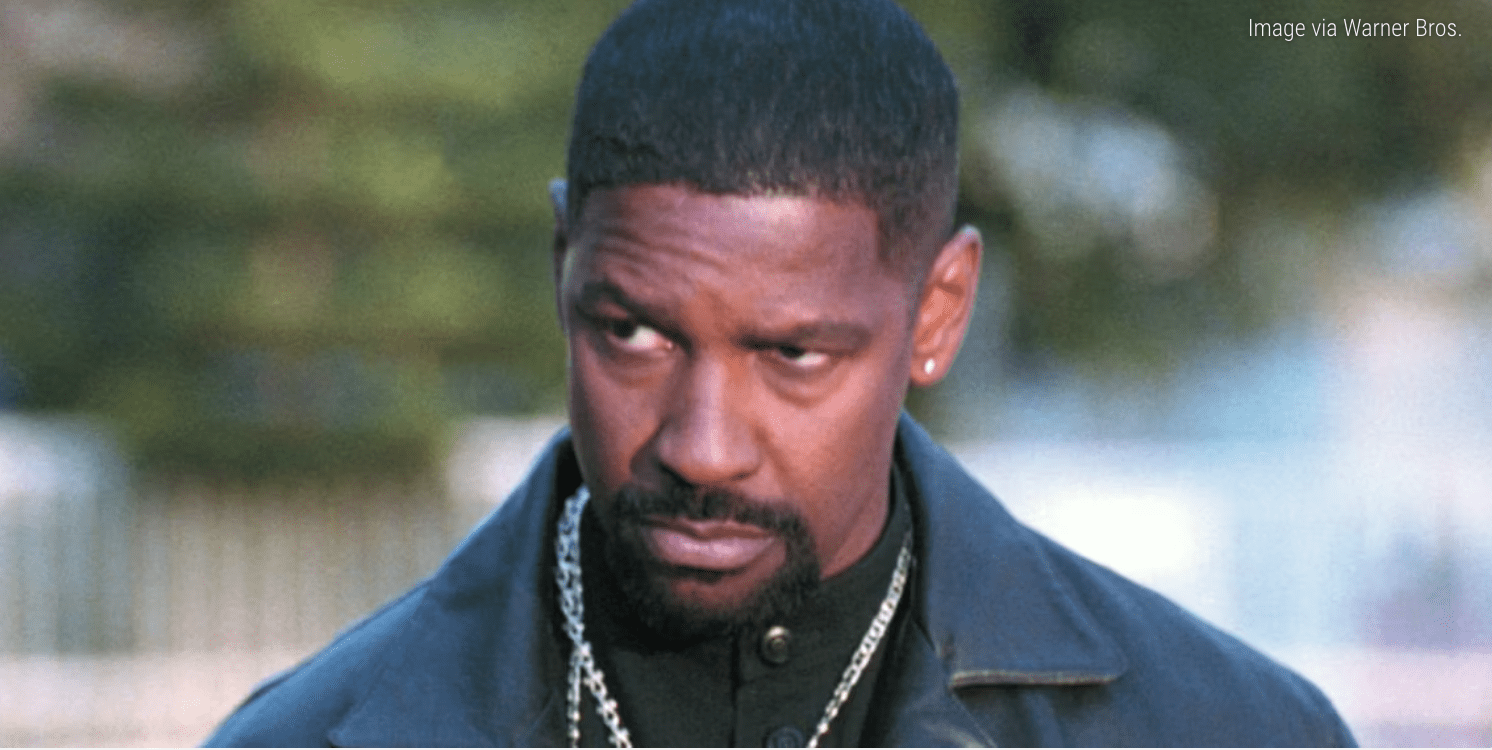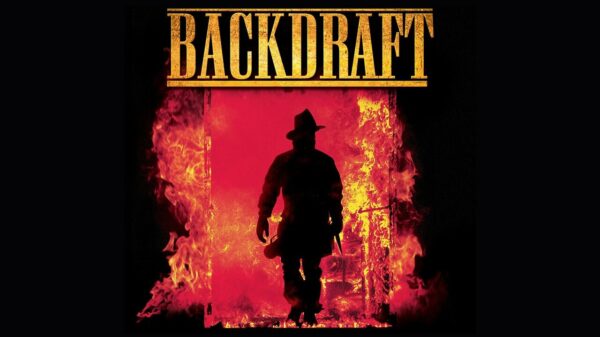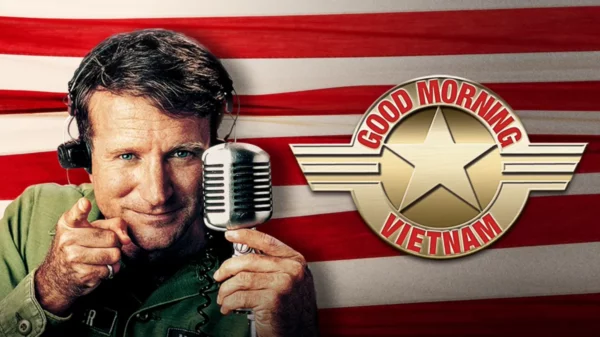The Karate Kid, released on June 22, 1984, is a heartwarming, inspiring, and endlessly rewatchable film that transcends the sports genre to deliver a powerful message about discipline, inner strength, and the profound impact of a guiding mentor. The movie is a beloved cultural touchstone that continues to resonate with audiences of all generations.
The story follows Daniel LaRusso (Ralph Macchio), a scrawny teenager who moves with his single mother from New Jersey to the sunny, but intimidating, world of Reseda, California. Almost immediately, Daniel finds himself the target of a gang of bullies from the Cobra Kai dojo, who are highly skilled in karate and led by the arrogant Johnny Lawrence (William Zabka).
After a brutal beating, Daniel is rescued by Mr. Miyagi (Pat Morita), the eccentric, philosophical Okinawan handyman of his apartment building, who reveals himself to be a karate master. Miyagi reluctantly agrees to train Daniel, but his methods are unconventional, focusing on chores like “wax on, wax off” rather than traditional sparring.
As Daniel slowly learns the true essence of karate – not just fighting, but balance, discipline, and respect – he prepares to face his tormentors, and their ruthless sensei John Kreese (Martin Kove), in the upcoming All-Valley Karate Tournament.
Macchio delivers a genuinely endearing performance as Daniel, portraying the character’s frustration, determination, and eventual growth with a relatable charm.
Morita’s portrayal of Mr. Miyagi is nothing short of iconic and earned him an Academy Award nomination. He imbues Miyagi with wisdom, humor, and a quiet dignity, creating one of cinema’s most beloved mentors. Their bond, a beautiful blend of father-son dynamic and master-student relationship, is the heart and soul of the film.
Elisabeth Shue shines as Ali Mills, Daniel’s love interest.
Zabka is perfectly cast as the arrogant and menacing Johnny Lawrence, while Kove delivers a chilling performance as the ruthless and unethical sensei John Kreese, making him a truly memorable villain.
Randee Heller also stars as Daniel’s mom, Lucille LaRusso.
Ron Thomas, Chad McQueen and Rob Garrison round out the members of the Cobra Kai,
Director John G. Avildsen (Rocky) expertly builds suspense and emotional payoff, making Daniel’s journey both believable and inspiring. The film’s pacing allows for both the development of the characters and the thrilling training montages.
The Karate Kid spawned three more films, including two direct sequels, starting with The Karate Kid Part II in 1986 and The Karate Kid Part III in 1989. Another sequel, The Next Karate Kid in 1994, featured Academy Award winner Hilary Swank as a new student with Morita returning as Mr. Miyagi.
A sequel live-action television series, Cobra Kai, debuted in 2018 on YouTube Red, before being acquired by Netflix and becoming a huge phenomenon with six seasons consisting of 65 episodes.

Ralph Macchio and William Zabka in The Karate Kid (Photo/Columbia Pictures)
Reception for The Karate Kid
The Karate Kid grossed $5 million on its opening weekend, finishing in fifth place at the box office. Ghostbusters ($13.1 million) was the top film of the week.
The film would remain in the top 10 for 17 weeks en route to grossing $130.8 million worldwide.
Roger Ebert gave the film four out of four stars in his review.
Lasting Legacy
The Karate Kid is a timeless underdog story that continues to inspire and entertain. It’s a film that blends martial arts action with heartfelt drama, propelled by unforgettable characters and a powerful message about standing up for yourself and finding strength from within. With its iconic scenes, memorable quotes, and enduring appeal, The Karate Kid remains a true classic that will forever be cherished.

